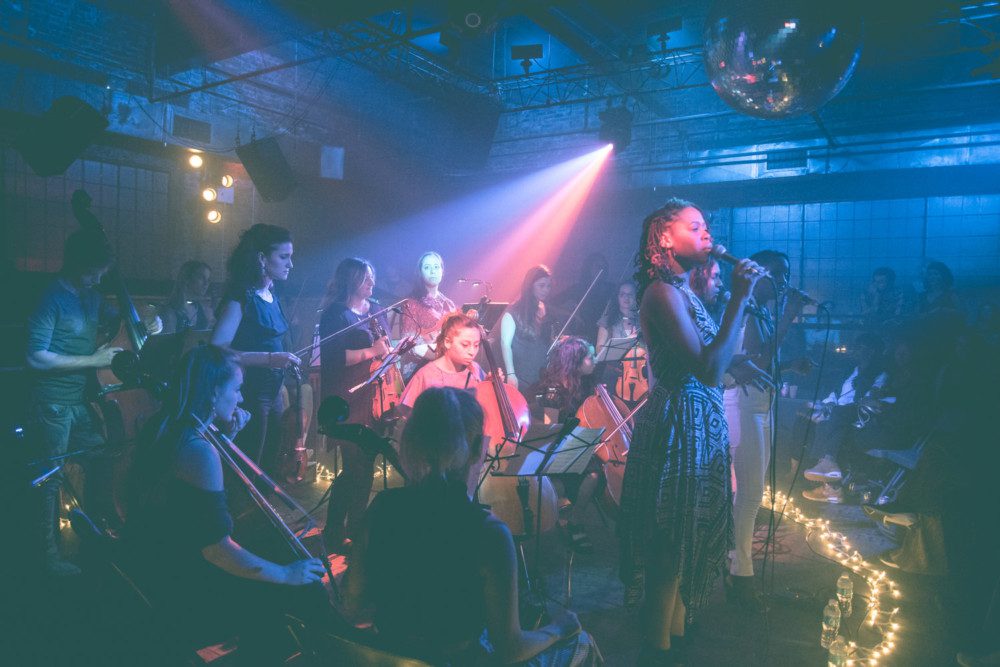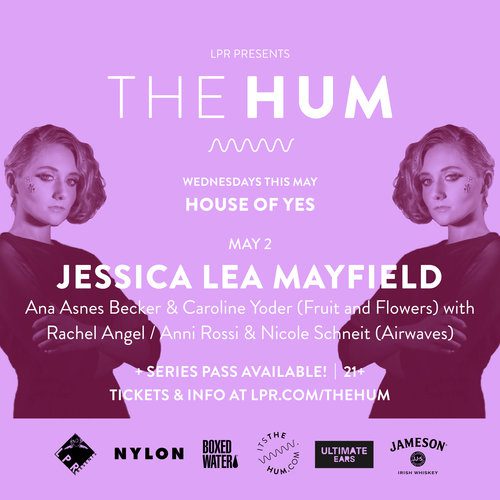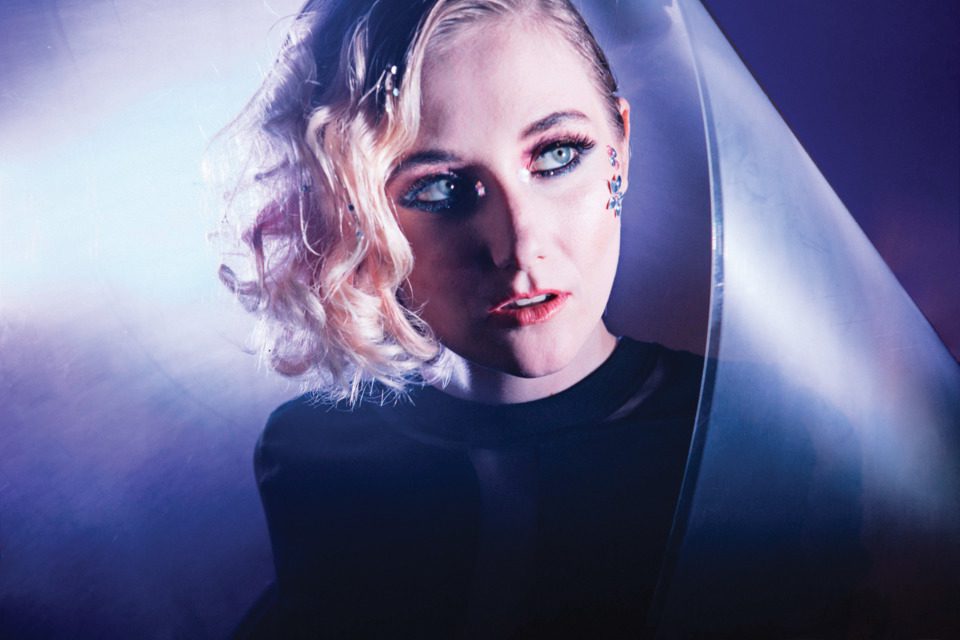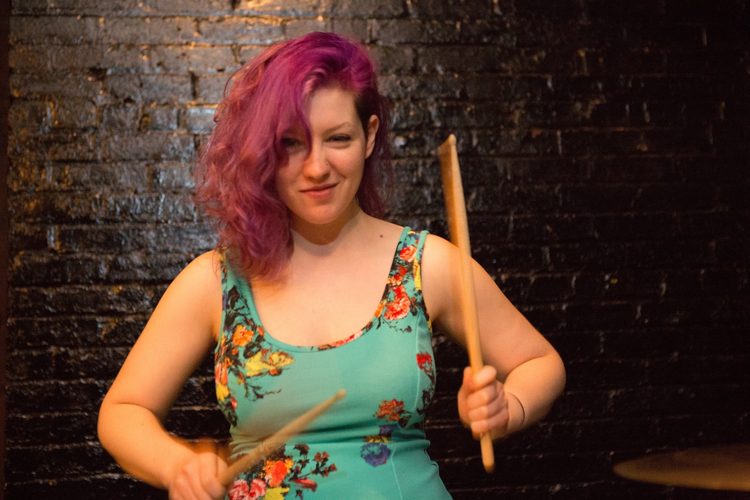RSVP HERE: Honduras livestream via Launch & MORE!
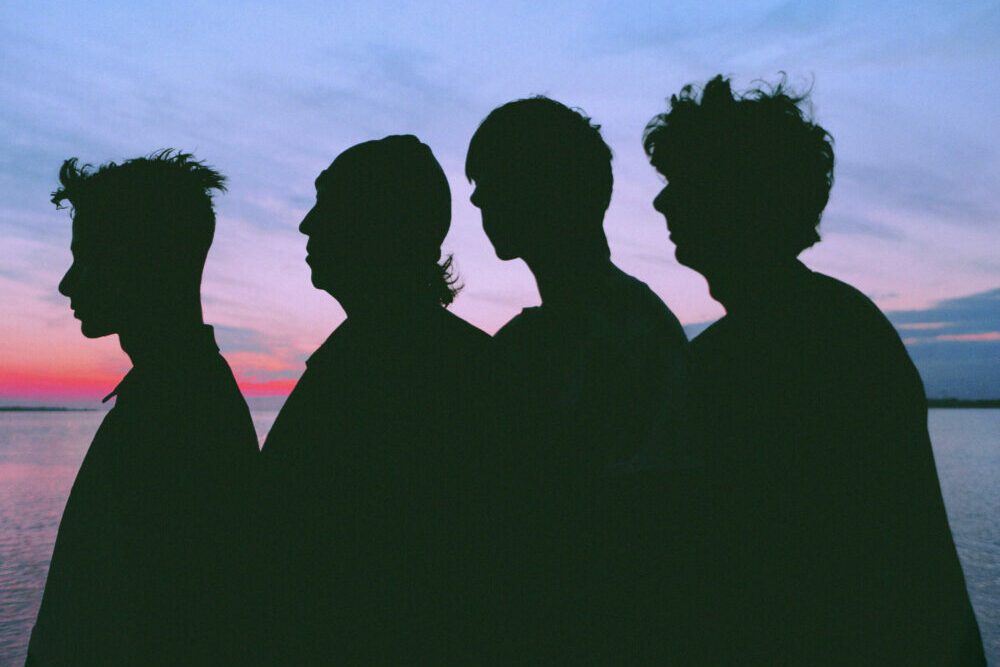
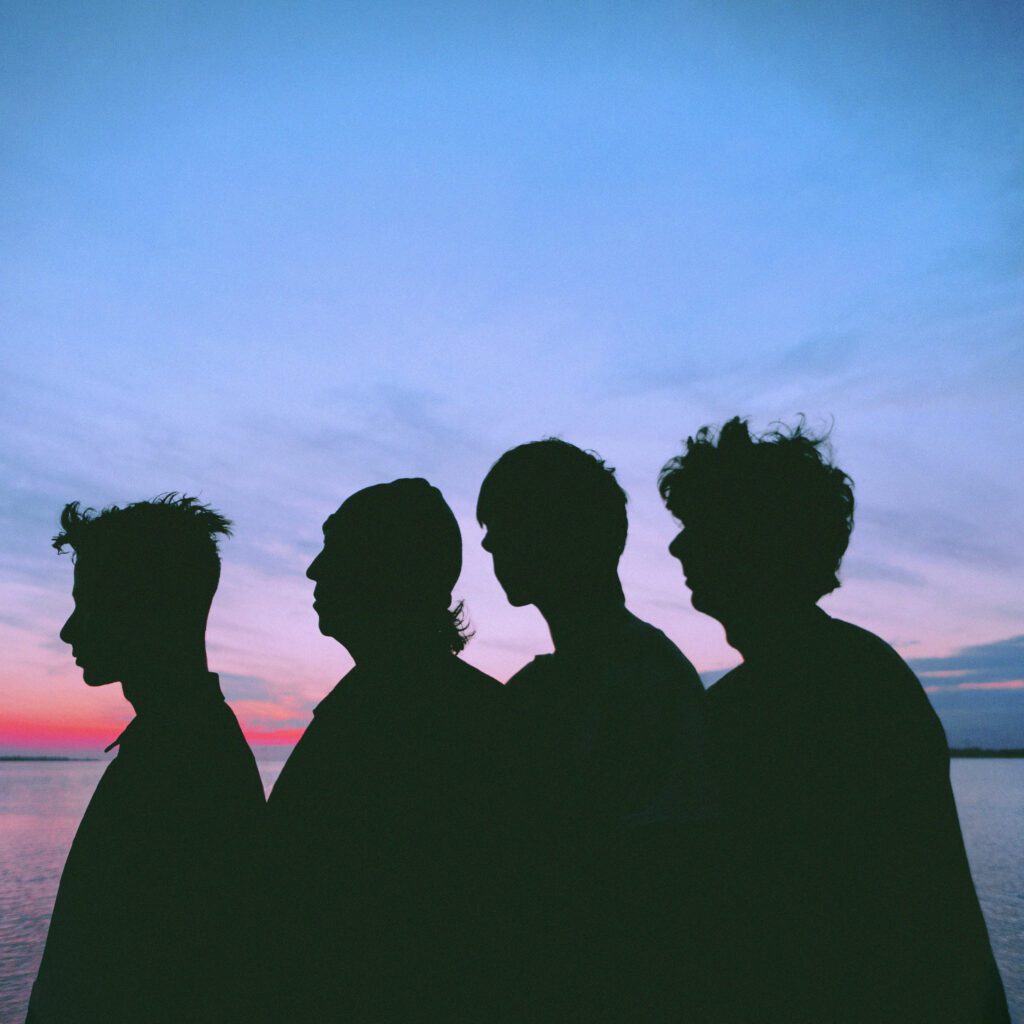
Honduras are long-standing Brooklyn hometown heroes. Since 2012, they’ve recorded tons of catchy ’70s influenced power pop tunes that ooze with New York City lore, and have filmed many of their own music videos. They’ve played hundreds of shows in Brooklyn DIY spaces, opened for Blur and Interpol, and toured the country with other indie darlings such as Sunflower Bean and L.A. Witch. Despite a pandemic and a change to their original lineup, Honduras are moving forward with a record that they finished last January and will be playing their first livestream this Saturday 12/19! We chatted with the band’s vocalist, Pat Philips, about books he’s read in quarantine, his struggle with social media, division in our society, and the need for better access to mental health care.
AF: How has Honduras changed and grown in 2020?
PP: For a large part of 2020 I thought Honduras wasn’t going to be a band anymore. Tyson Moore, who I started the band with, got in touch with the rest of us in April and said he was ready to move on from Honduras. We couldn’t blame him. Him and his wife moved outside of the city, and the three of us had accepted he would quit eventually. But it was still a bit of a shock. And kind of heartbreaking. I have a long history with Tyson – we actually went to the same elementary school in Columbia, Missouri where we grew up. We’d been working on music together for the last 15 years, so I have so many life memories intertwined with him. After he quit the rest of us gave each other space. Fortunately, we all really believed in an album we’d just finished in January and wanted to keep going. We’ve been rehearsing the last couple months and we’re grateful for an opportunity to play a show, or a virtual show, or whatever.
AF: How was writing and recording “Remains,” the single you released this past fall?
PP: I really struggle with social media, and I think during the time of writing “Remains” I was acknowledging that it was affecting my behavior. It was written shortly after the 2016 election when everything seemed to be at a fever pitch. Anger, jealousy, insecurity, hatred, vanity, materialism, division are some things I believe social media exacerbates. I’ve also worked in nightlife in NYC for the last 9 years, and during that time a friend had just passed. That was surreal because he would close the bar with me every night, so it was weird adjusting to his physical presence being gone. We didn’t actually record the song until March of 2018 at Ultrasound Studios in Los Angeles. We were playing a few shows out there and fit in a session with Samual Shea and Julien O’Neill of the band Warbly Jets on production/engineering. The session was really loose and great. The studio was in downtown LA which I’d never been to before, and man it’s really scummy around there. The street the studio was on was a weird alley street, and the sidewalk was lined with all these Turkish men drinking espresso and chain smoking. We really enjoyed that session.
AF: Have you been working on any non-music things in 2020? Discover a passion for any unexpected hobbies?
PP: I’ve always had a passion for books and the free time was a blessing to read a bit more. I read some James Baldwin, Joan Didion, Hemingway, the Joy Division oral history. But the book that actually had the greatest impact on me was called The Broken Heart of America by Walter Johnson. It’s this 500 page history of the city of St. Louis “and the violent history of the United States.” St. Louis is the most segregated city in the US and also has the highest murder rate. But it also has an incredibly vibrant history. Maya Angelou, Miles Davis, Chuck Berry come from St. Louis. I was born there, but moved to Columbia, MO at 5 years old after my parents got divorced. St. Louis has always been the city where most of my family lives but a place I never really understood. The book helped fill in some missing pieces. I also helped my fiancé’s parents for a few weeks with moving into their new house in New Jersey. Did a bit of painting, and putting together furniture and shelves. I’m not very knowledgeable in some of that work but it was great to get out of Brooklyn for a few weeks and work with our hands. We’ve been in our apartment this whole year, but this year has instilled our love for NYC. With that said, the few trips out of the city helped restore sanity.
AF: Can you tell us about your new line-up or is that surprise for the livestream?
PP: Maxi Motcham has been filling in on guitar/synth for us. We’ve only been rehearsing for a few months, but he’s really professional for someone his age. Plays both instruments well. I think we’re all just happy to be playing music again. We understand it’s a huge privilege, and we’ve had some cool opportunities over the years. But it’s not something we take lightly, or pursue for financial gains. We do it because we have to – it’s a release that I couldn’t compare to anything else. And I’d be terrified of a life without it.
AF: Do you have any plans for new music in 2021?
PP: We will be releasing a 12-song full-length LP called Redeeming Features. We’re putting out two songs in January, and hopefully the rest of the album shortly after.
AF: What would you like to see change in the world in 2021?
PP: Oh wow. It’s really the division that gets to me. I hope this next year, after all we’ve gone through we can all lean into that voice that beats deep inside. It’s the human spirit, and it’s love. Love and understanding for others. A lot of the fears we share are false masks that people at the top perpetuate for their own profit. We’ve all been through hell, but 2020 illuminated a lot of what is wrong with society. A lot of the systems of the United States appear to be broken. A lot of marginalized people do not have access to opportunity. I think the government should spend more money helping its people, I think corporations should be taxed fairly like the rest of us.
On a personal note, I got to a place a few years ago I didn’t know I was going to be able to get out of. I’d repressed sexual abuse from my past, and was struggling with drug and alcohol addiction. I got arrested at work one night and spent 40 hours in jail. Something shifted mentally in those hours, and when I got out I was broken. It was a low point, but soon after, for the first time, I was able to tell my partner about the trauma I’d experienced. I had held that secret in for 12 years. Fortunately with my insurance in New York, CBT therapy was covered. I’ve been in therapy for the last two and a half years and it’s changed my life so much. I want to advocate for therapy, and hope it can become more available for people. After 2020 we’ve all been through traumas, and I believe therapy for millions more people would help put our society back together.
RSVP HERE for Honduras via Launched. $15, 9pm ET
More great livestreams this week…
12/18 Yo La Tengo Hanukkah 2020 Livestream in partnership with WNYC & The Greene Space. 8pm ET (Rebroadcast 12/19 at 7am, 1pm, & 8pm ET), RSVP HERE
12/18 &12/19 Vundabar via LPR.tv. 9pm ET, RSVP HERE
12/18 Rachel Angel, Double Graves and more via Around TheCampfire. 7pm ET, RSVP HERE
12/19 Oh Sees live at The Henry Miller Library via Seated. 7pm ET, $3.98, RSVP HERE
12/19 Lucero via NoonChorus. 10pm ET, $15, RSVP HERE
12/19 Waxahatchee, Vagabon, Black Belt Eagle Scout, La Luz via KEXPY Awards. 8pm ET, RSVP HERE
12/20 Wonderville Benefit: Weeping Icon, Babay Jicks and the Ghoul Fiends. 8pm ET, RSVP HERE
12/21 Thick via FLV (recorded live at The Footlight). 8pm ET, RSVP HERE
12/22 Grace Potter via Veeps. 8pm ET, $25, RSVP HERE
12/24 War on Women, Chris Gethard, Slingshot Dakota and More via The Fest Holiday Show. 7pm ET, RSVP HERE

